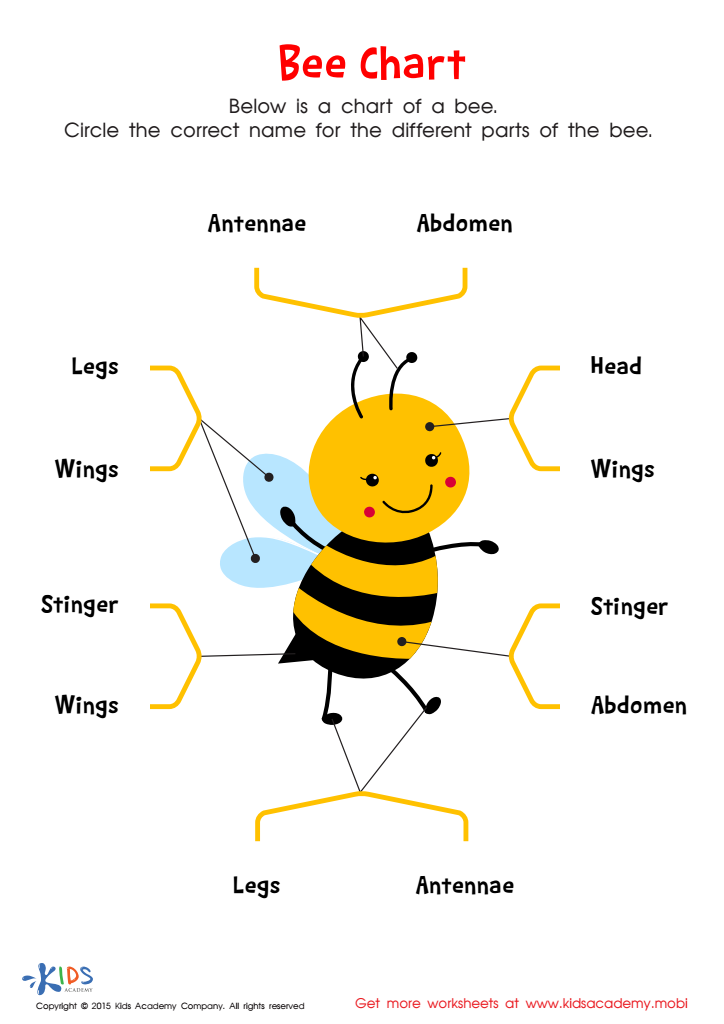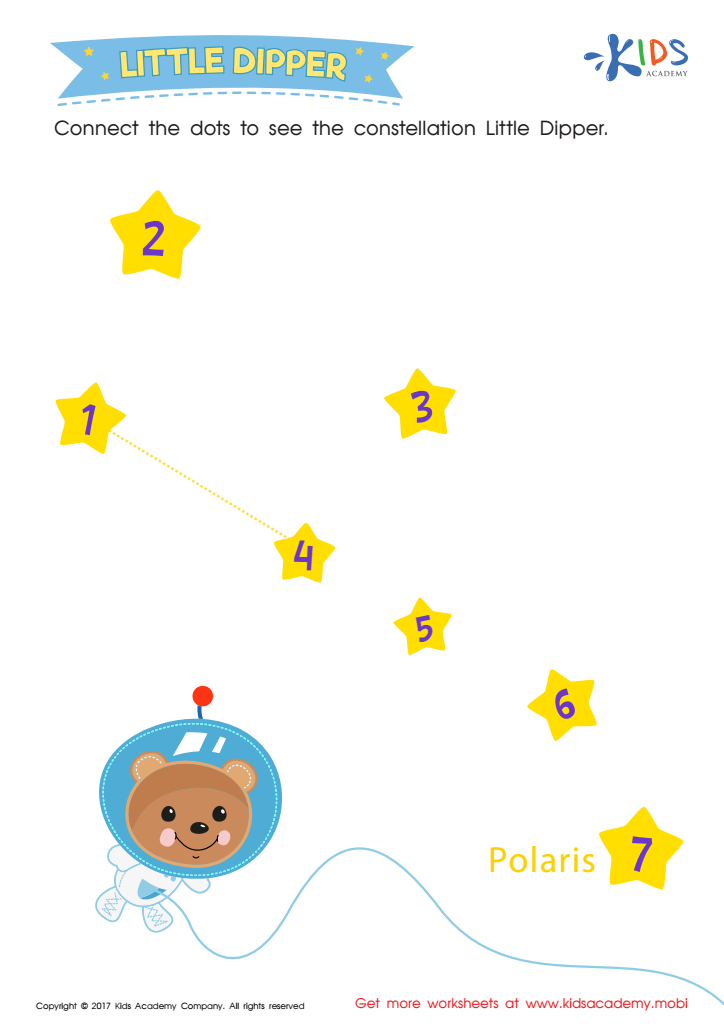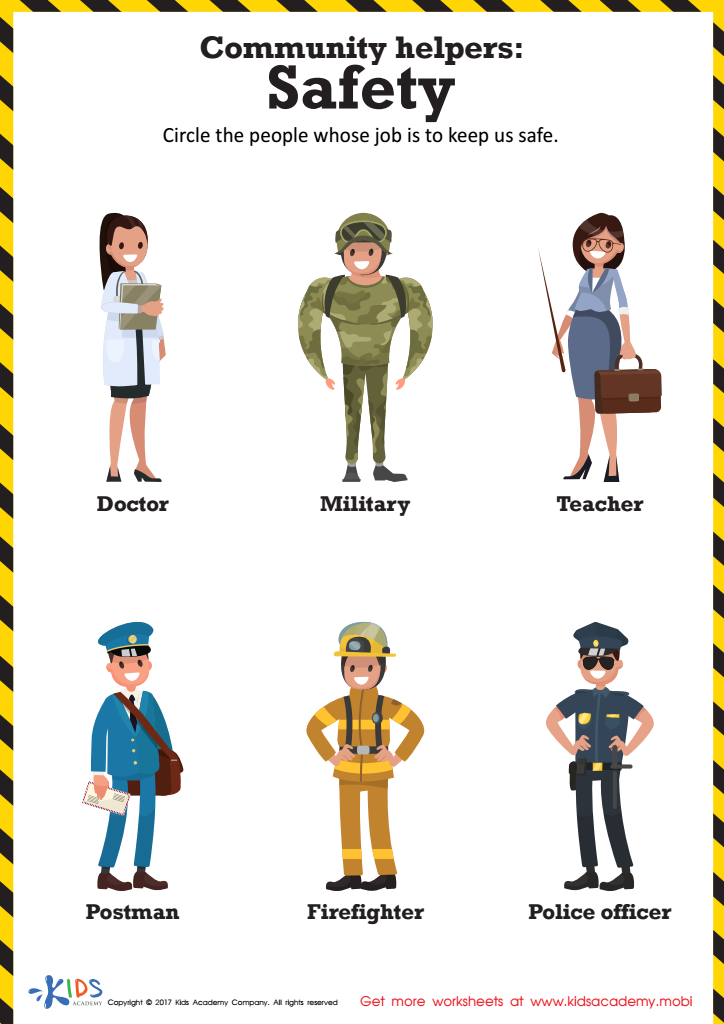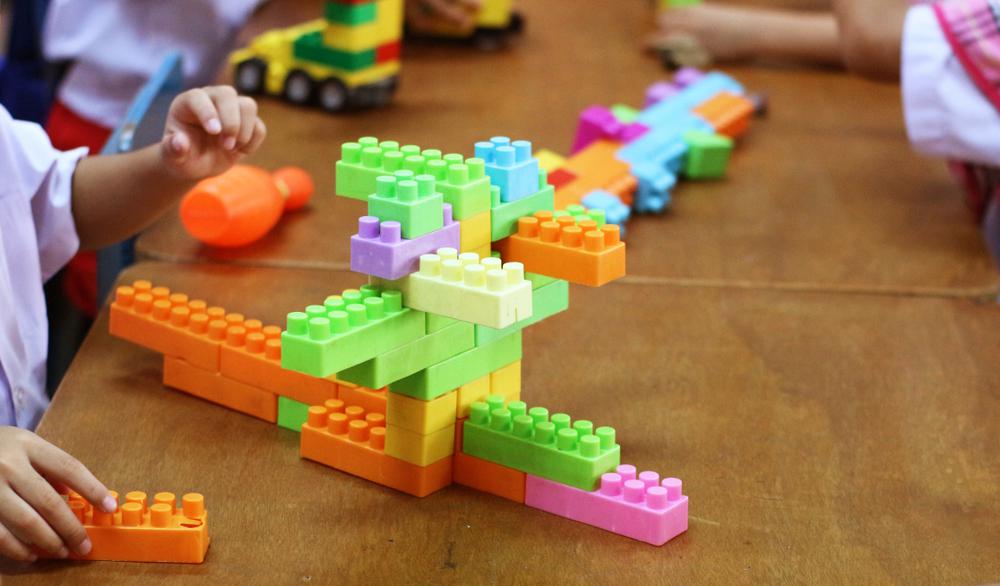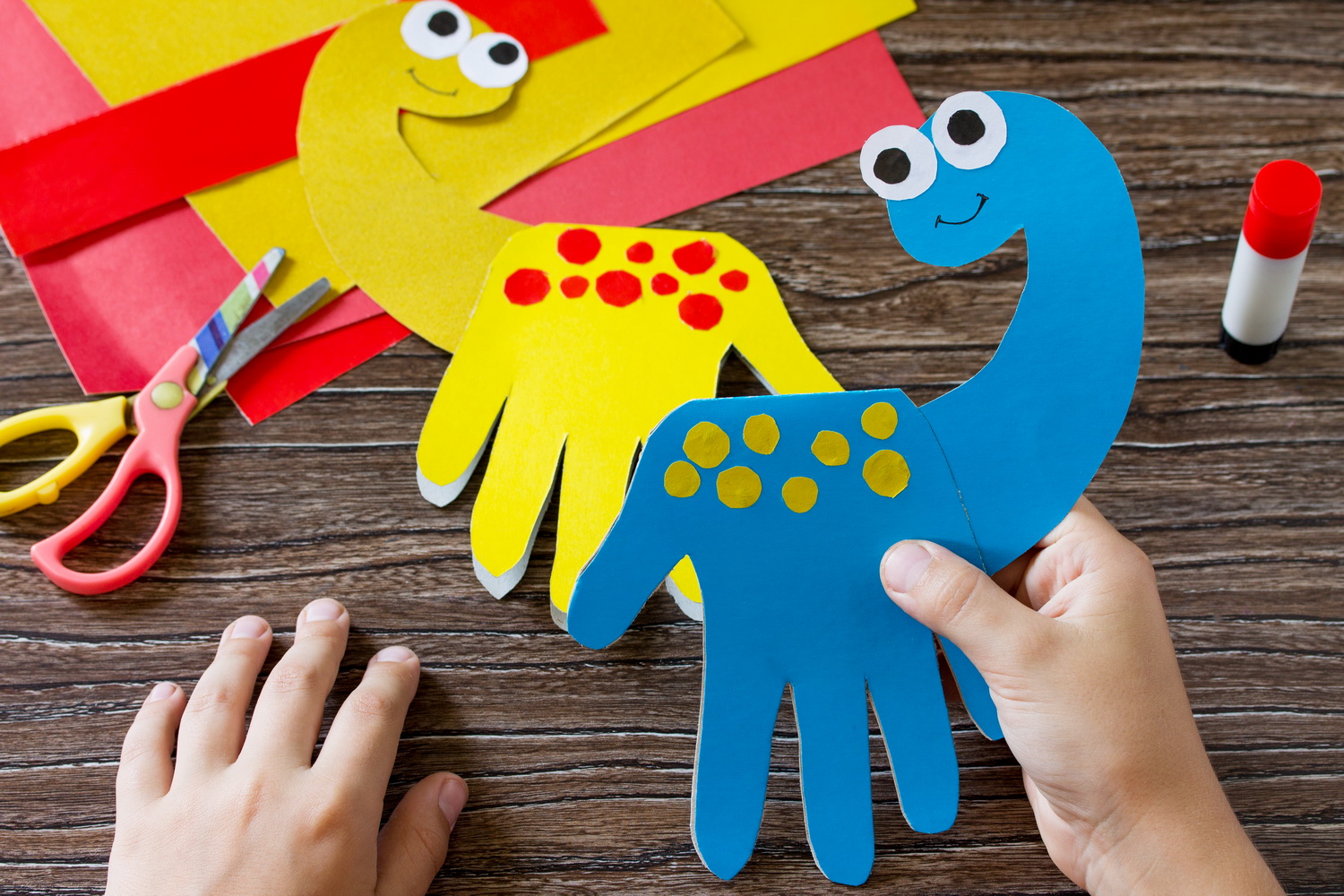World Around Us Worksheets for Ages 3-7 - Page 3
100 filtered results
-
From - To
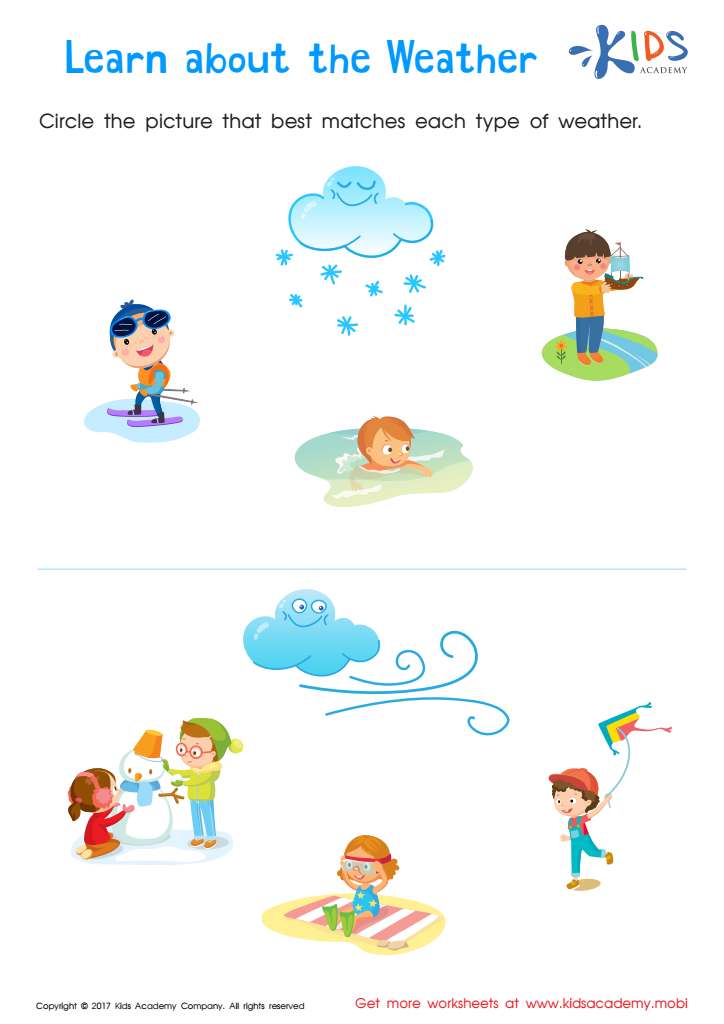

About the Weather Printable
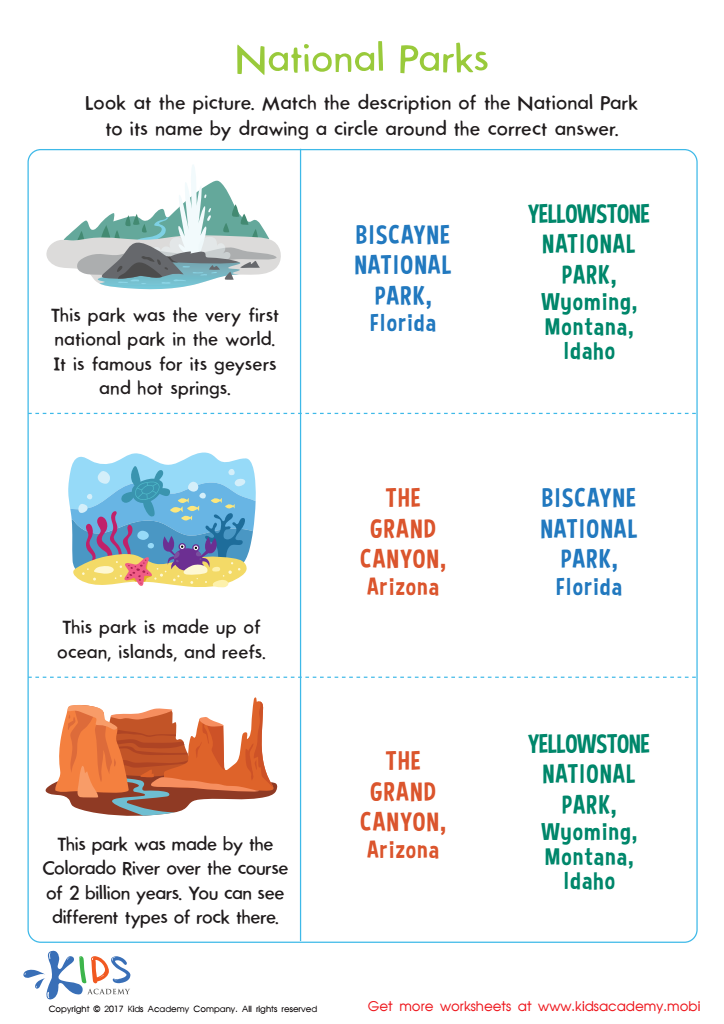

National Parks Printable
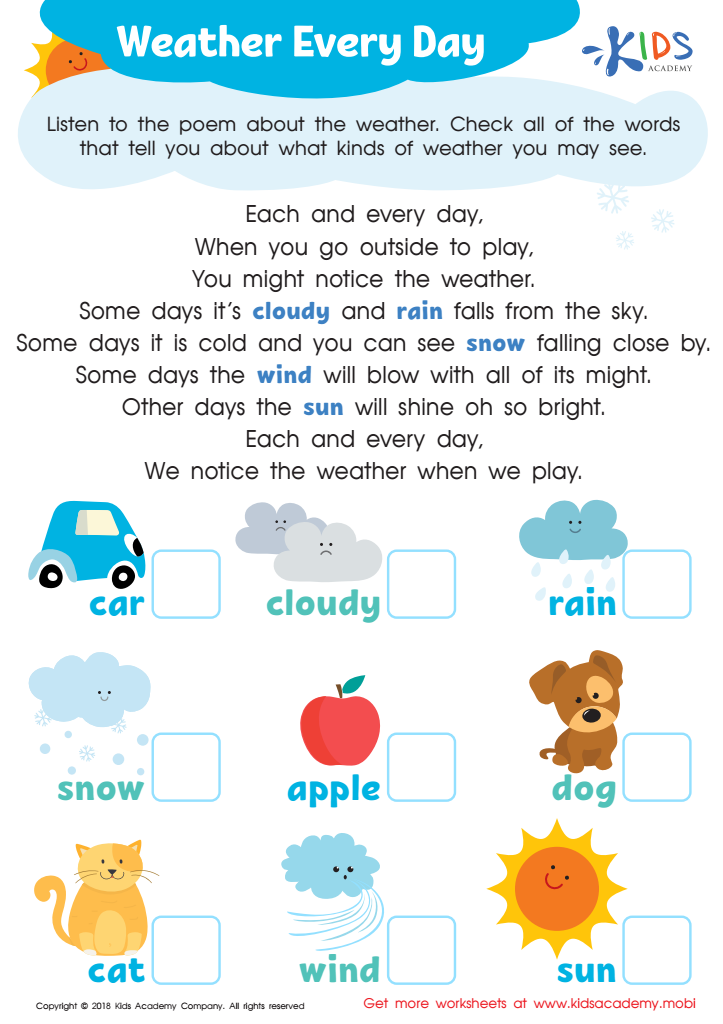

Weather Every Day Worksheet
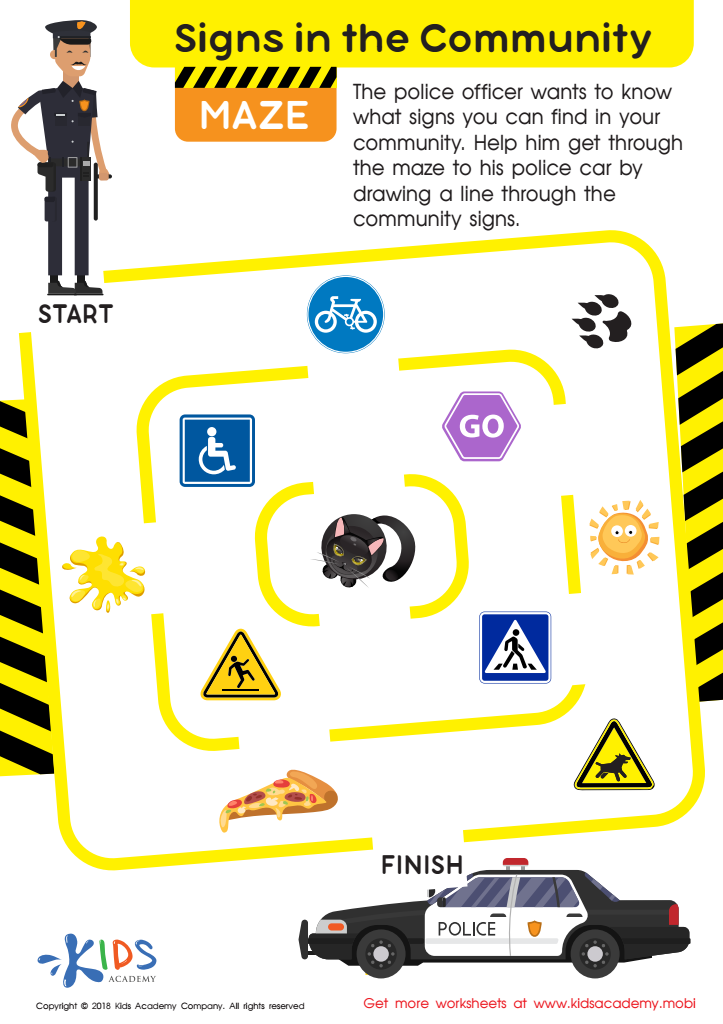

Signs in the Community: Maze Worksheet
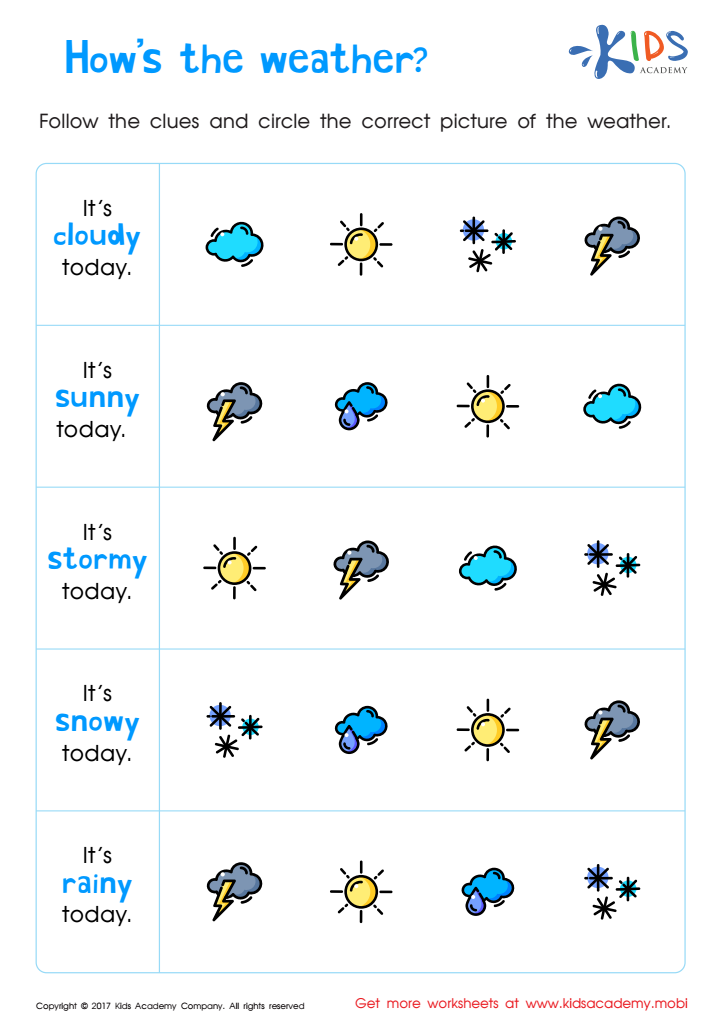

Hows the Weather Worksheet
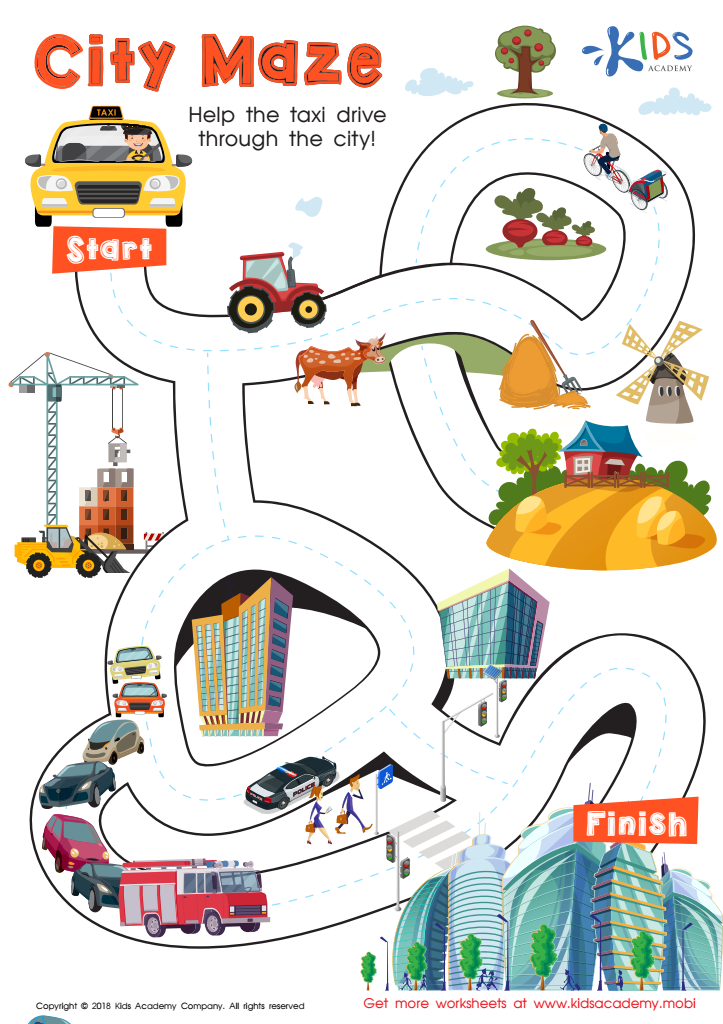

City Maze Worksheet
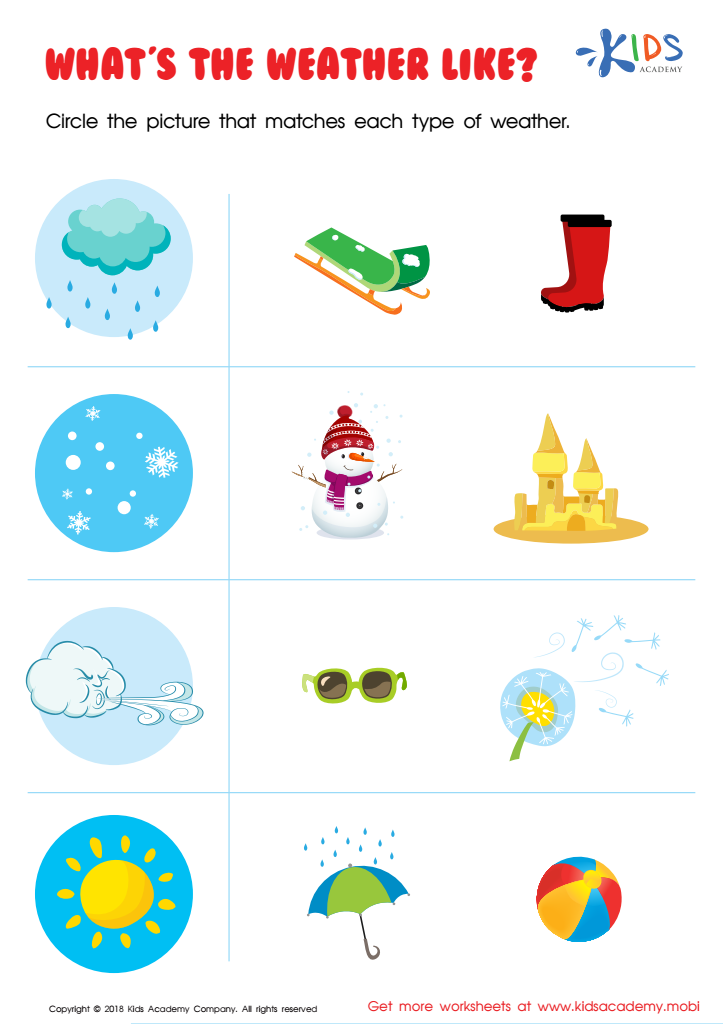

What's the Weather Like? Worksheet
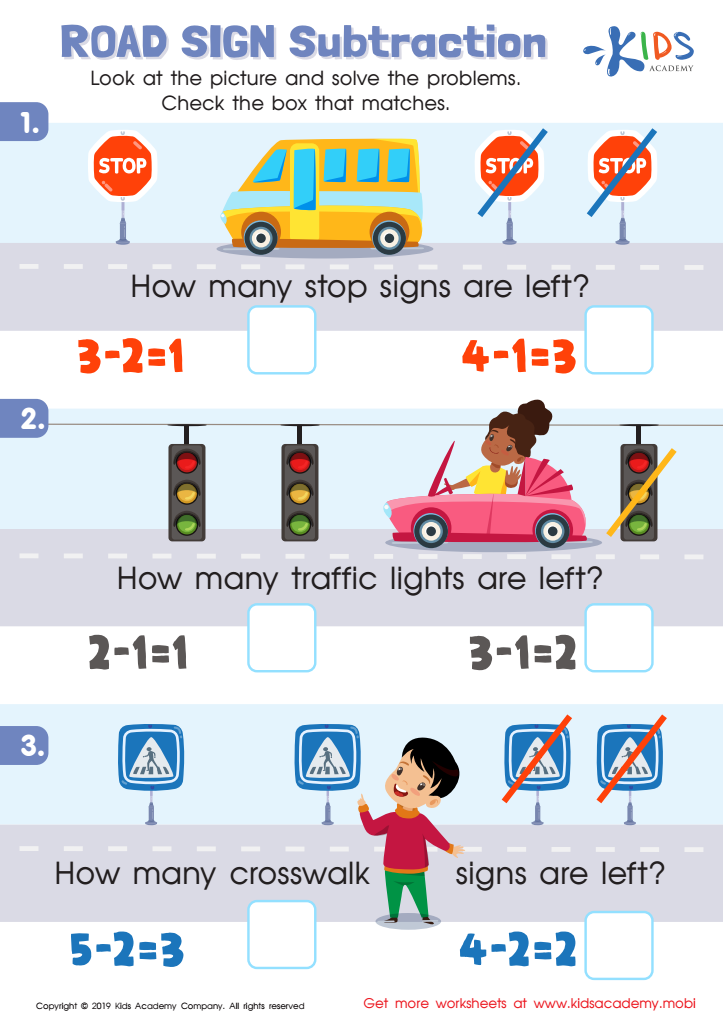

Road Sign Subtraction Worksheet
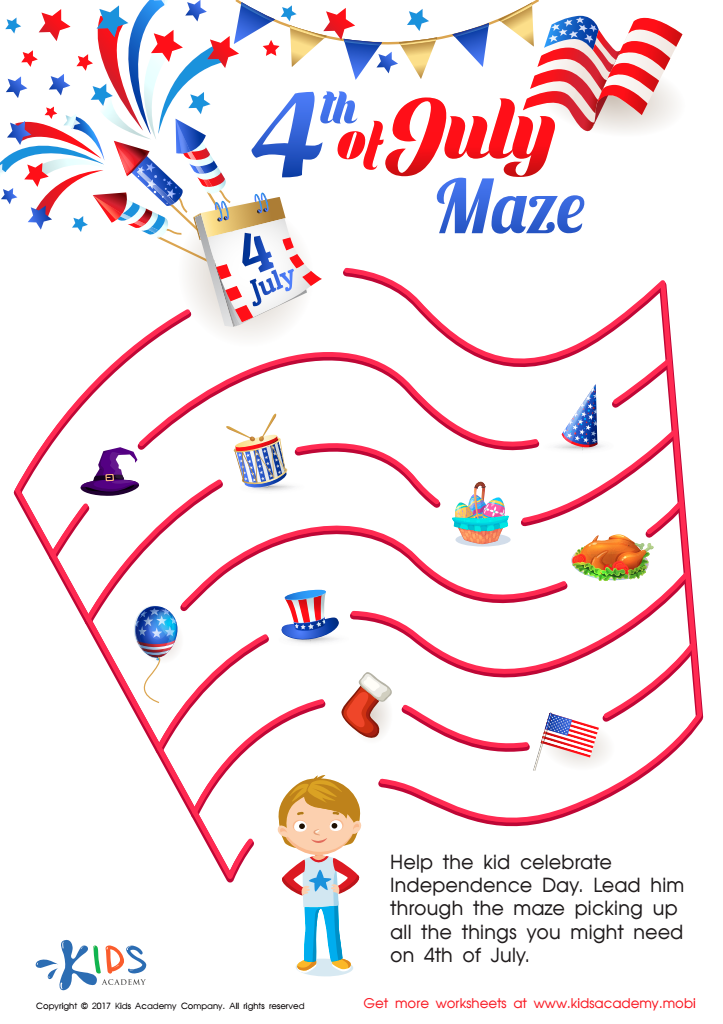

Fourth of July Maze Printable


Cities Worksheet


Grocery Store Worksheet
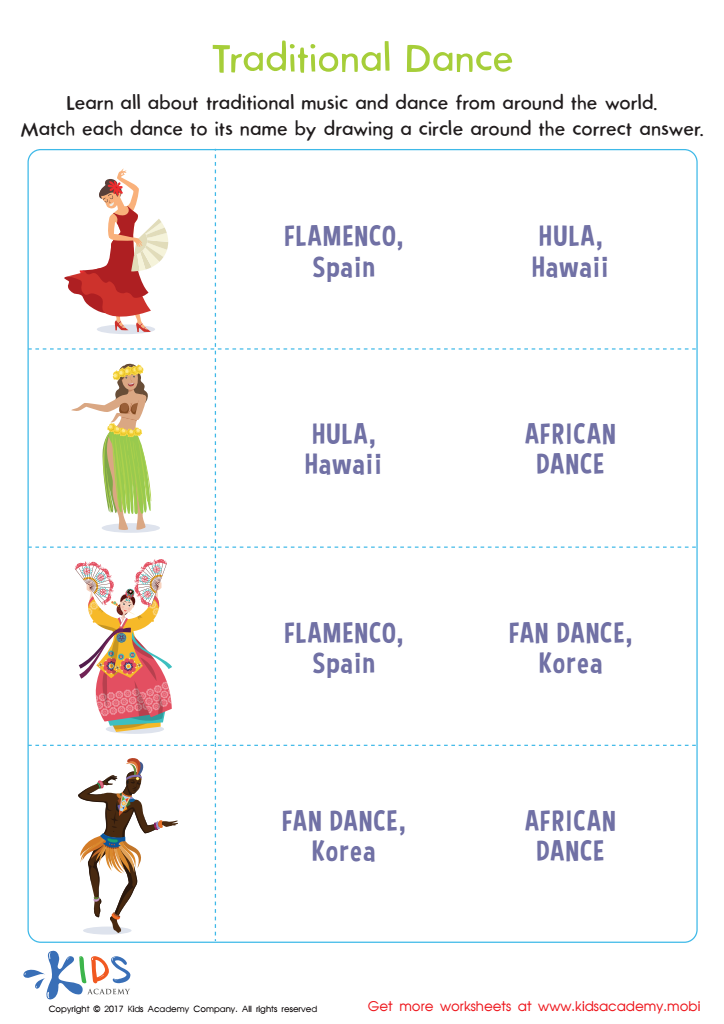

Traditional Dance Printable
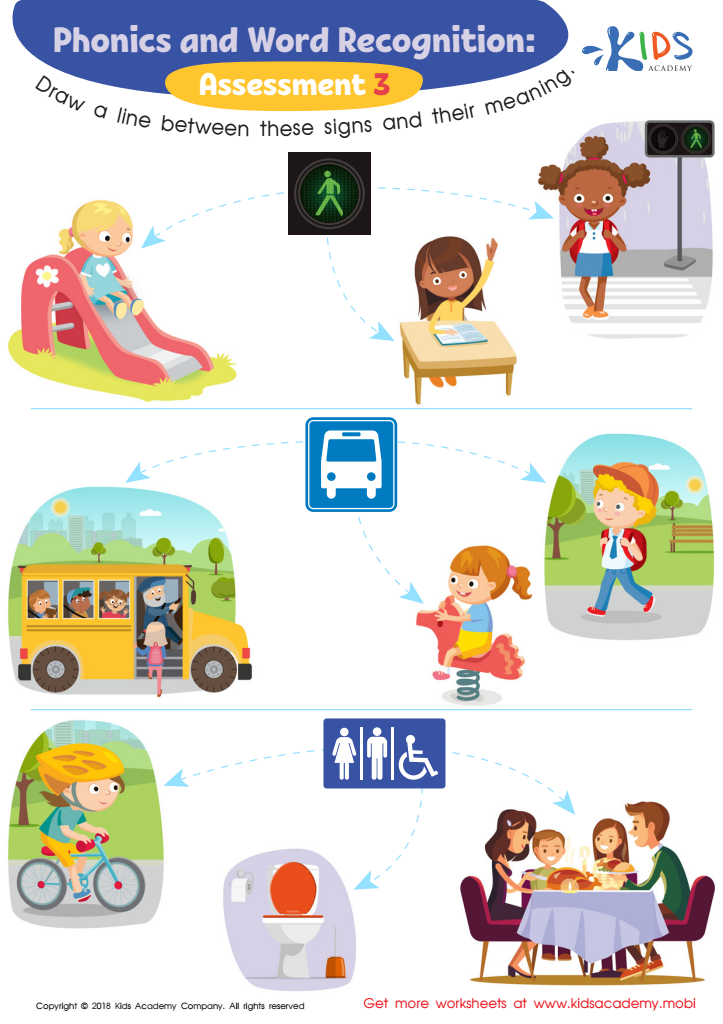

Phonological Awareness: Assessment 3 ELA Worksheet


The Pledge of Allegiance Worksheet
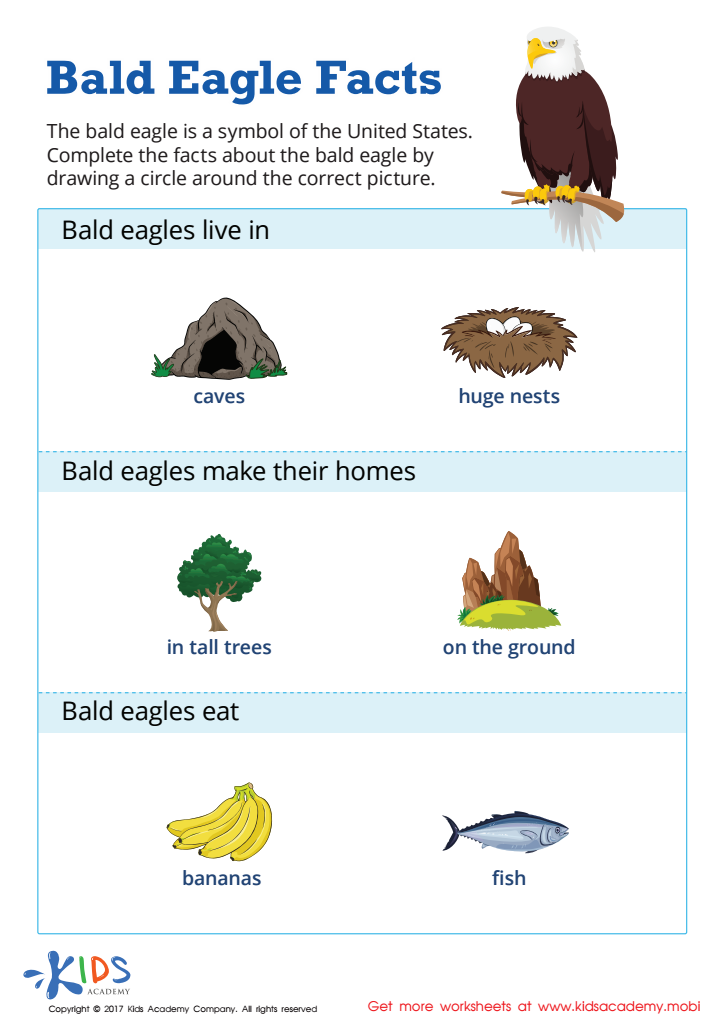

Bald Eagle Facts Worksheet
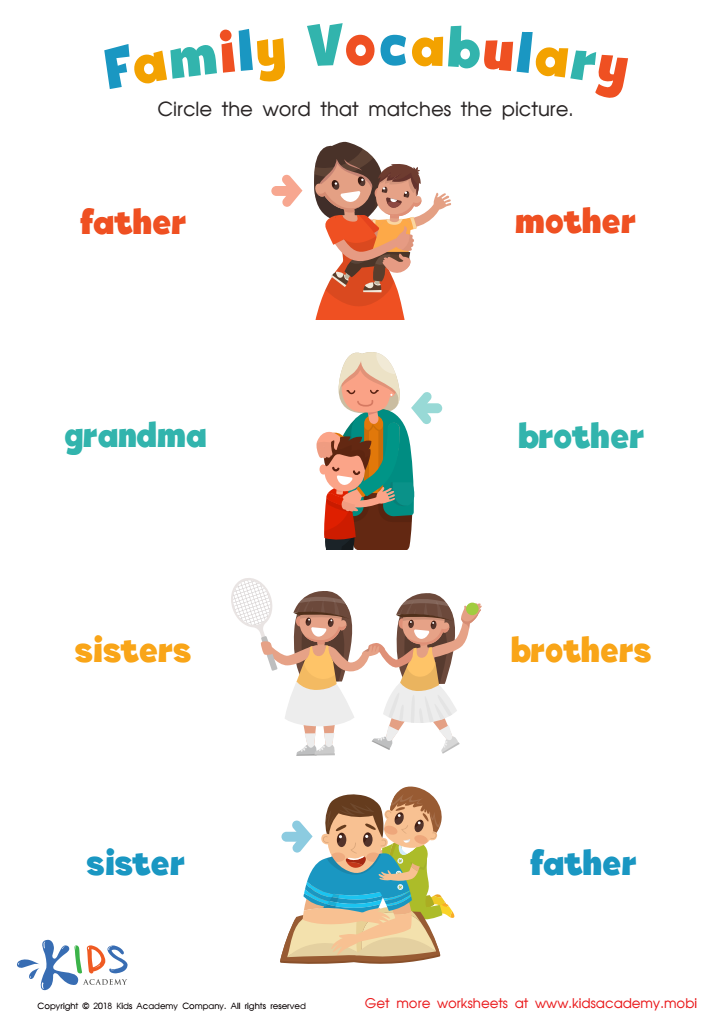

Family Vocabulary Worksheet
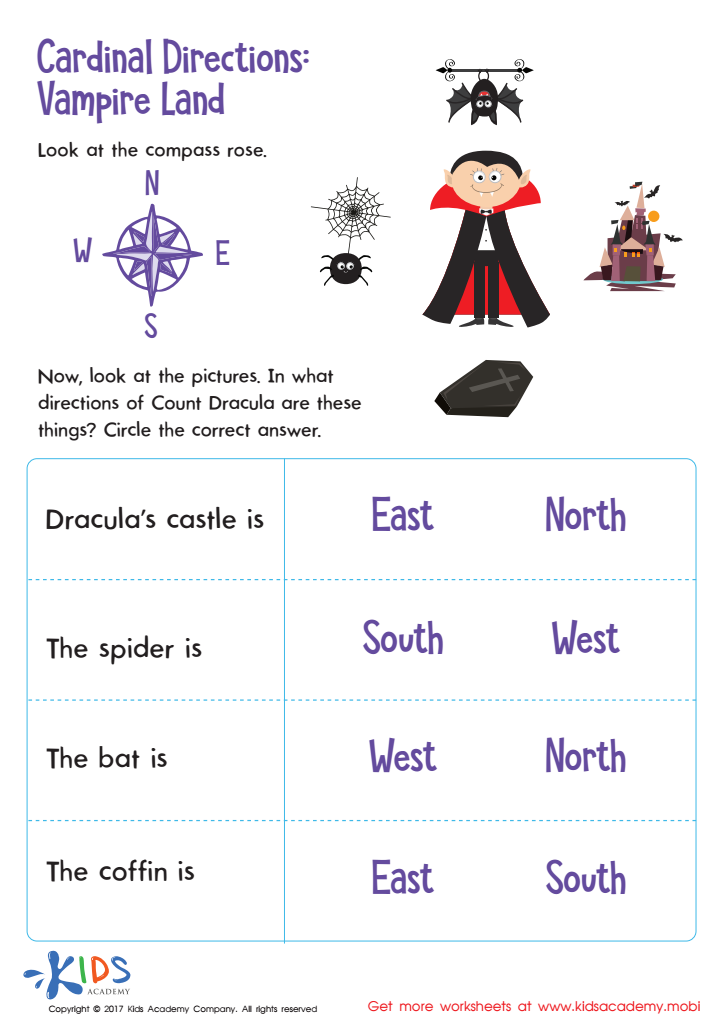

Cardinal Directions Printable
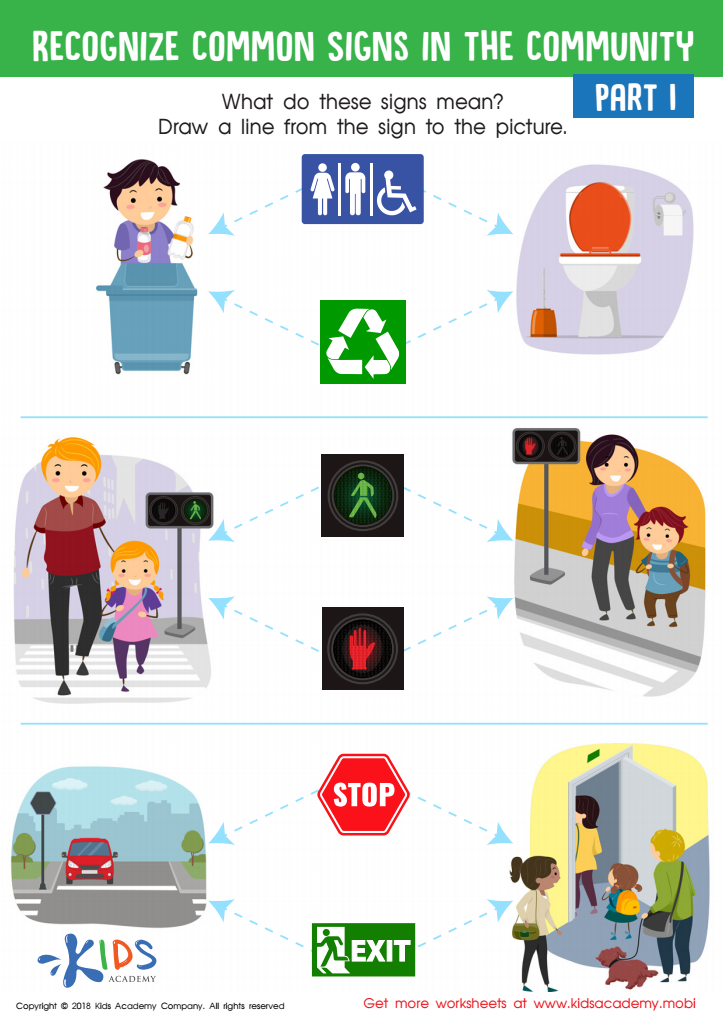

Recognize Common Signs: Part 1 Worksheet
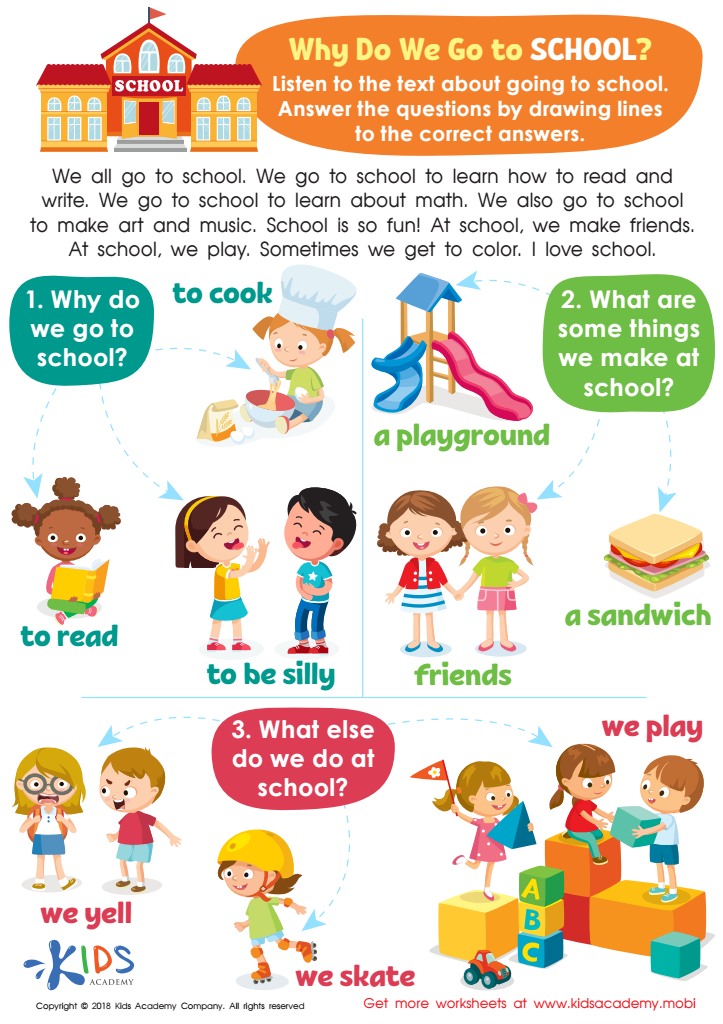

Why Do We Go To School? Worksheet
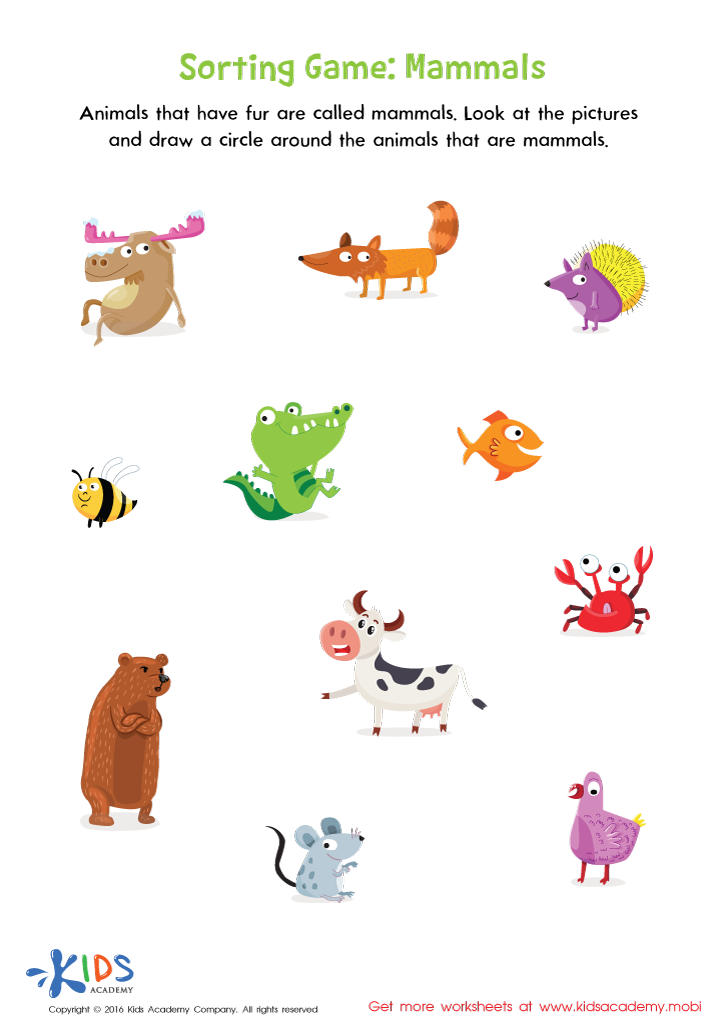

Mammals Sorting Worksheet
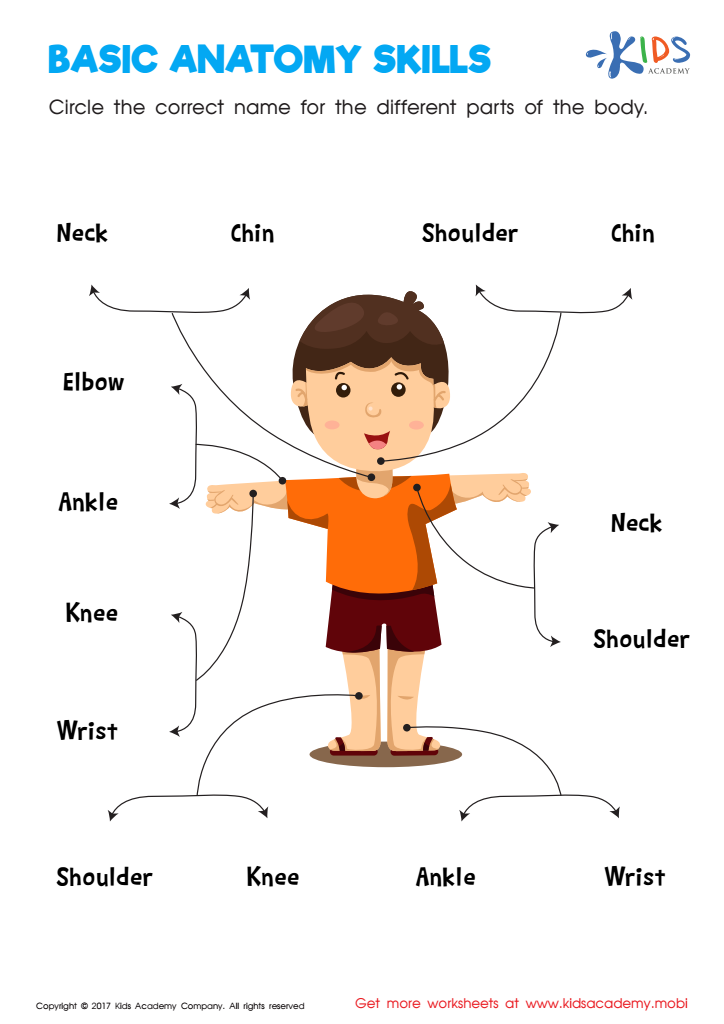

Basic Anatomy Skills Printable
Parents and teachers play a pivotal role in the early developmental stages of a child's life, and one crucial element of this development is fostering an understanding of the world around them. For children aged 3-7, being exposed to nature, diverse cultures, simple scientific concepts, and their immediate environment significantly enhances cognitive skills, emotional well-being, and social understanding.
First, early exploration of the world stimulates a child's natural curiosity and creativity. Simple activities like observing plants, animals, and different weather patterns help develop observation skills and build a foundation for scientific thinking. These experiences are essential for cognitive development and can spark a lifelong love of learning and discovery.
Second, understanding the diversity in the world early on teaches inclusivity and empathy. Learning about different cultures and societies encourages children to appreciate and respect people who are different from them. This, in turn, fosters social harmony and reduces prejudices, which are crucial attributes in today’s globally connected world.
Lastly, connection with the natural environment helps in emotional and physical development. Activities like simple gardening or nature walks can improve motor skills, reduce stress, and promote a sense of calm and well-being.
Overall, it is through these early interactions with their surroundings that young children form an awareness that aids their holistic development, making World Around Us an indispensable part of early childhood education.
 Assign to My Students
Assign to My Students
